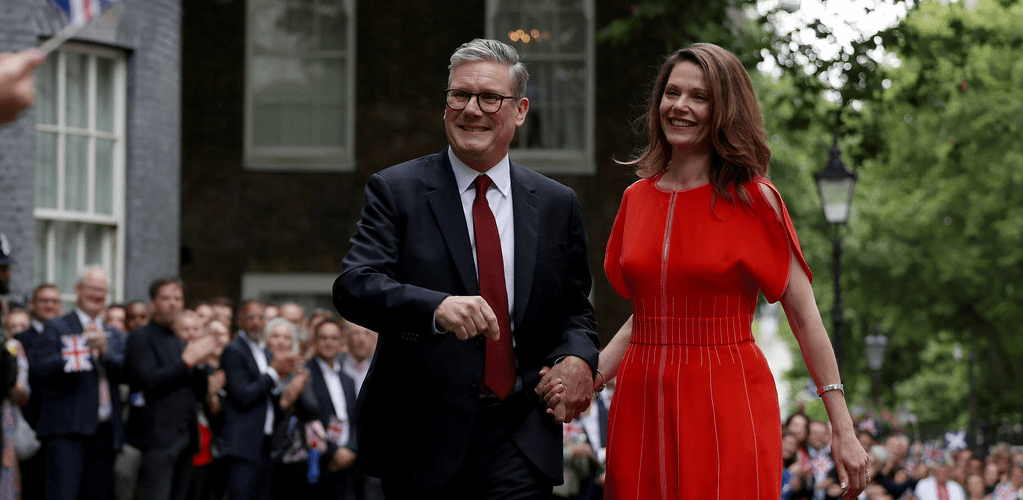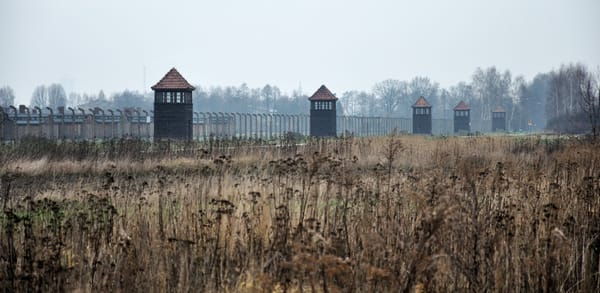Labour sweeps to victory in historic General Election
The Labour Party, led by Sir Keir Starmer, has achieved a monumental victory in Thursday’s General Election, ending 14 years of Conservative rule with a landslide win.

I n an unprecedented shift of power, the Labour Party has triumphed in the 2024 General Election, marking the end of a 14-year Conservative government. The election results, which saw Labour secure an overwhelming majority, have sent shockwaves through the UK’s political landscape. This victory is a testament to the public’s desire for change and a reflection of Labour’s comprehensive campaign promises to rebuild the nation.
A Landslide Victory
Under Sir Keir Starmer’s leadership, Labour has won a staggering 412 parliamentary seats, a significant gain of 211 seats since the last general election in 2019. This landslide victory surpassed the required 326 seats to form a majority government. Starmer’s triumph signals a dramatic change in public sentiment, with voters showing a clear preference for Labour’s vision for the future.
The Conservative Party, on the other hand, has suffered a devastating defeat, losing 250 seats. This election marks their worst performance in history. Prominent Conservative figures, including Liz Truss, Jacob Rees-Mogg, and Penny Mordaunt, were among those who lost their seats. The scale of this defeat indicates a significant shift in the nation’s political mood.
In a surprising turn of events, the Green Party increased its representation in parliament from one to four seats. This gain highlights the growing concern among voters regarding environmental issues. On the other side of the spectrum, the far-right Reform UK, led by Nigel Farage, matched the Greens’ success with four seats. Farage, a seasoned politician known for his Brexit stance, finally secured a seat in the House of Commons after seven previous unsuccessful attempts.
In Scotland, the Scottish National Party (SNP) suffered significant losses too, dropping 38 seats. Many Scottish voters shifted their support to Labour, signalling a desire for a change in leadership. Finally, in Northern Ireland, Sinn Féin emerged as the leading party, winning more seats than any other party for the first time. This shift could have profound implications for Northern Ireland’s political future and the UK’s political landscape as a whole.
The only thorn in the new prime minister’s side is his former boss, former Labour leader Jeremy Corbyn, who retained his Islington North seat as an independent candidate. Despite his expulsion from the Labour Party, Corbyn’s victory underscores the loyalty of his constituents.

— The distribution of seats in the United Kingdom’s general election on July 4, 2024.
Starmer’s Vision for the Future
Sir Keir Starmer has pledged to “rebuild our country,” a promise central to Labour’s campaign. His manifesto includes ambitious plans to construct 1.5 million homes over the next five years, reduce NHS waiting times by increasing appointments, and enhance educational opportunities by recruiting more teachers and introducing free breakfast clubs in every primary school in England. These commitments resonate strongly with voters seeking tangible improvements in their daily lives.
The Labour Party’s victory heralds a new era for UK politics. The scale of their win reflects widespread dissatisfaction with the Conservative government and a desire for a fresh start. While Labour’s victory is momentous, the challenges ahead are formidable. Implementing their ambitious manifesto promises will require not just enthusiasm, but also strategic planning and effective governance. The new government will need to address the economic and social issues that have been exacerbated by years of austerity and political uncertainty.
Labour’s historic win marks a significant shift in the UK’s political landscape, offering hope and optimism for a better future. As the new government takes the reins, the nation watches with bated breath to see how Sir Keir Starmer’s leadership will unfold. Will Labour’s ambitious promises materialise into tangible improvements for the country?

Sources:
▪ This piece was first published in PUBLIC SQUARE UK on 5 July 2024.
▪ Cover: Flickr/Number 10. (Licensed under a Creative Commons Attribution-ShareAlike 4.0 International License.)






[Read our Comments Guidelines]